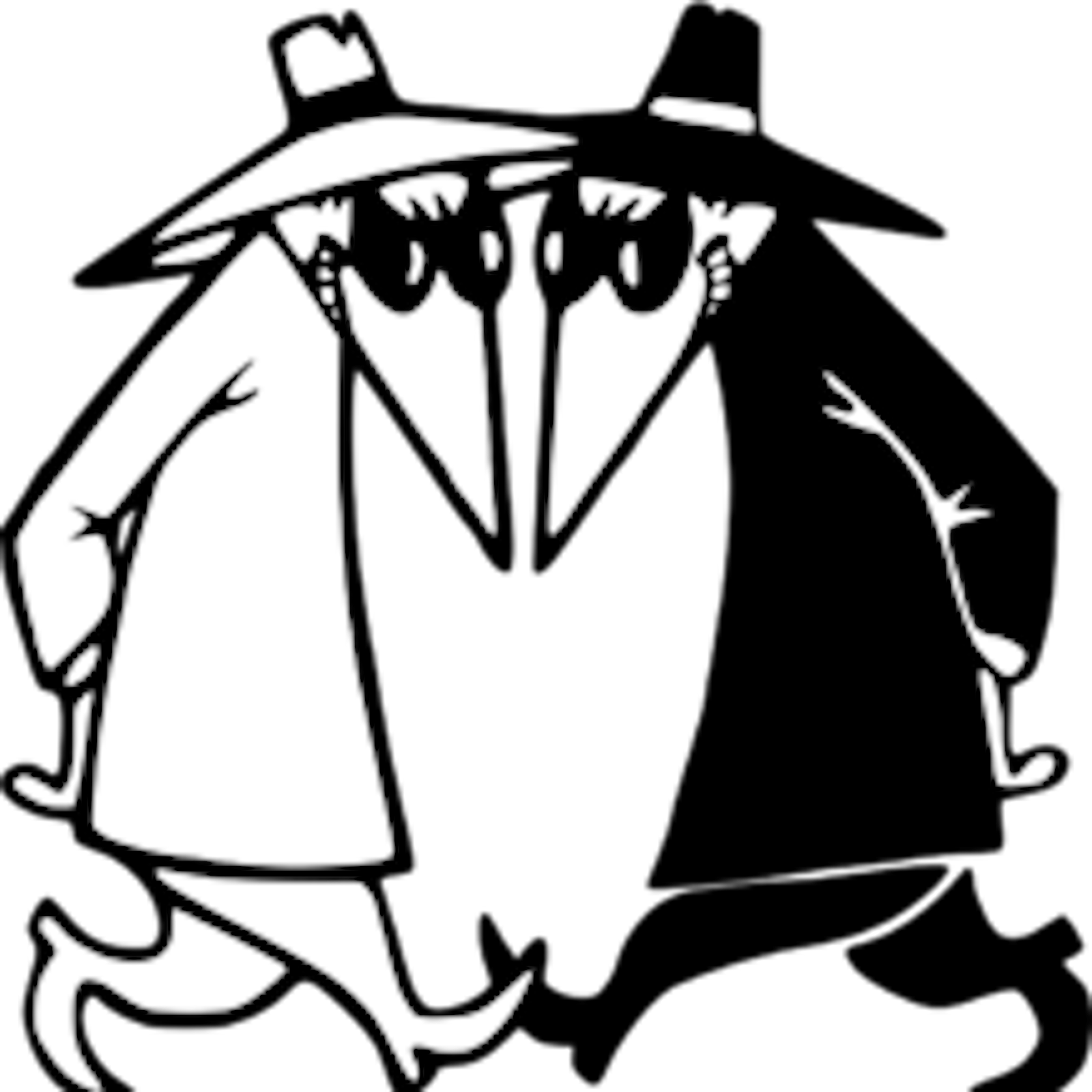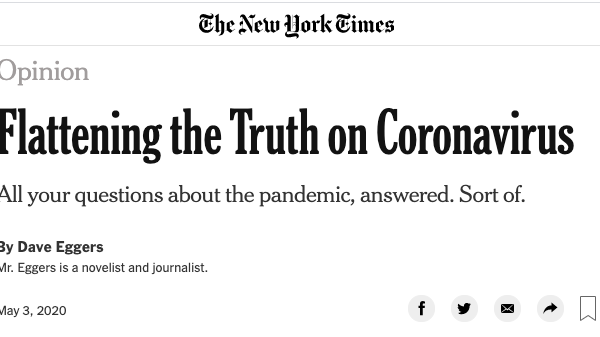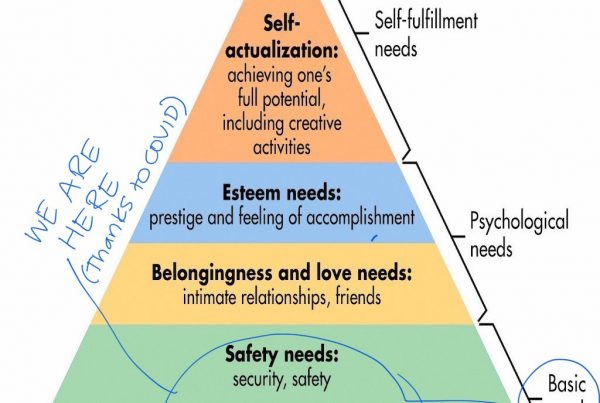Back in October, I posted a piece about how my friend Larry introduced me to a woman going through breast cancer treatment with no warning or permission. You can read all about how that went here.
When I sent that blog post to a friend of mine before posting it to make sure I didn’t sound like a callus asshole (she claims I don’t; I’m standing by that assessment), she picked out two areas ripe for further discovery. Today’s post is one, and the next post will be the other.
Think back to the last time that someone you know told you that they had cancer. (Chances are, 100% of everyone reading this have had that experience.) How did you feel? Unless you’re a psychopath, chances are you felt terrible for them, you really wanted to be helpful, you felt a little bit guilty for your own good health, and you had NO IDEA what to say. Depending on the circumstances, you stumbled over some words and then no matter what you said, berated yourself afterwards for not being something enough (kind? sympathetic? knowledgeable?). And then you did something to try to be helpful. You suggested they talk to your friend who had cancer or read this book or meet that doctor. Or you asked if you could bring them something or send them something or visit or call someone.
My friend Larry went through all of that, and then concluded that a cold introduction to me was one of the ways he would be helpful. And once I got over my fury about it, I asked myself the following pile of questions that all have basically the same answer:
Was he too uncomfortable to even attempt a warm handoff? Why didn’t he feel the need to have a conversation with me about “how can I help her?” instead of just punting her to me? Did he feel like he could cut and run once he left that text message, obligation completed? Was he afraid that, if he gave more detail, I wouldn’t call her? Did he think that, because I’ve survived cancer, I’m Superwoman and Saint, all rolled into one, so of course I know what to do and am glad to do it? He was well-meaning, but didn’t want to go too far or get too close. Why?
Cancer remains the boogeyman in the dark that causes people to whisper and panic. Just this past Thanksgiving, one of Michael’s cousins asked what my book was about, and his mother quickly whispered to him about cancer and how we don’t like to talk about it. I had to laugh—I’ve written a book about my experience and people still whisper about it in front of me as if the word will somehow send me (and/or everyone involved in the conversation) immediately to the hospital with two weeks to live. I asked her later about it, and she said that because he was thirteen he wasn’t yet ready to hear the hard facts of life. Needless to say, I mentally face-palmed myself. I know teenagers who have died from cancer. It is my opinion that protecting children from it when it arrives organically at your doorstep is a terrible way to teach them about the ups-and-downs of life. There’s always a way to talk about something like cancer.
And that’s the crux of it, isn’t it? People who haven’t (and even some who have) experienced cancer first-hand remain completely scared shitless of it. And seem to have the perception that those of us who have gone through it, let alone lived, have some magical knowledge or awareness around it.
People who haven’t had cancer don’t realize that there is no difference between us and them. The problem is that we know there’s no difference, and they don’t.
All of humanity is living with a terminal illness. It’s called life. Whether you suffer from it is entirely up to how you choose to live with that diagnosis. And whether that termination is caused by cancer is really just the luck of the draw.
We’re all forced to go through moments that are uncomfortable and hard and undesired. Sometimes those moments involve hospitals. Often they don’t. Remember that break-up? Remember that time you got fired? Remember that time you saw an animal get hit and killed by a car? Remember when your beloved grandparent died? Remember when your parents got divorced? Remember that time you didn’t have enough money in your checking account for the groceries and you lived on peanut butter and jelly for three months (or worse)? Remember that time you got arrested for being in the wrong place at the wrong time (or even because you completely deserved it)?
The only thing that is truly different between me and someone who hasn’t been diagnosed with cancer is that I’ve gone through a unique medical experience. Otherwise, we really are all the same.
So the next time someone comes at you with a hard truth about their life, remember what it was like for you to go through a hard moment, realize that there is no difference between you and them, and listen. Hold their hand. And don’t whisper or run from it. Because life is filled with hard truths. And the only way for all of us to get through them is to face them. Together.


